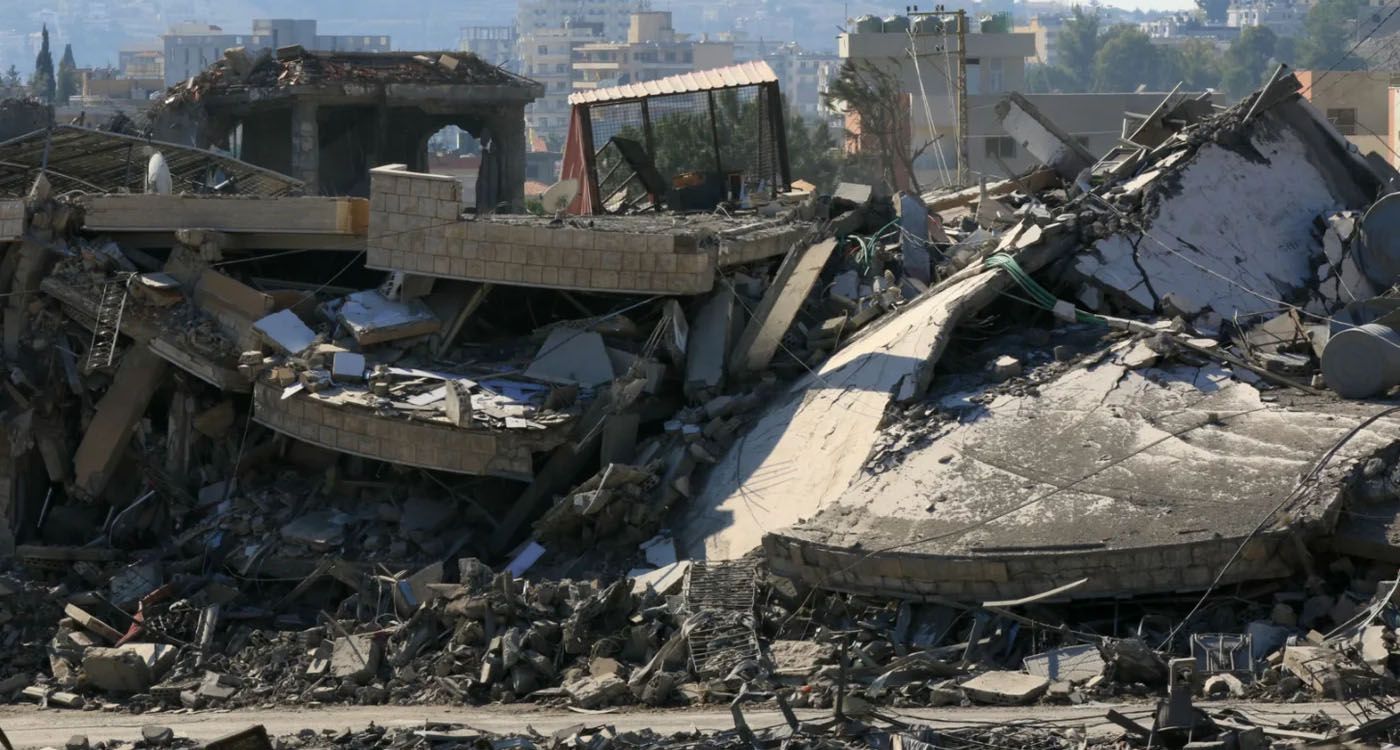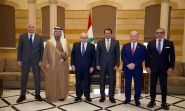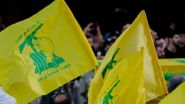
People of the South and the Lebanese do not see eye to eye with the Hezbollah, namely, on the continuation of war and fighting. They want the bleeding, death, and destruction to stop. Stubbornness will not halt this hemorrhage; what is needed is a rational decision that confirms the Hezbollah has grasped the new realities.
Hezbollah does not want the Lebanese state to negotiate with Israel, yet it has offered no alternative for liberating occupied areas, releasing prisoners, or resolving the disputed points along the Blue Line. It wants neither negotiation nor fighting against Israel. It aims to maintain the status quo, thereby blocking solutions that would secure reconstruction, allow people to return to their villages, and restore calm and stability. The Israelis’ immediate response to this position came bluntly: the alternative to direct talks is military escalation.
Hezbollah erred in claiming in their open letter that the ceasefire was negotiated indirectly between the state and Israel. Truth is, negotiations were between Hezbollah and Israel. As Hezbollah imposed war on Lebanon, the ceasefire was imposed as well. Hezbollah’s rhetoric about national unity, coordination among Lebanon’s components, and preservation of coexistence and civil peace is inconsistent. It was Hezbollah that first and foremost threw all those principles aside.
A striking feature of Hezbollah’s letter was its erroneous interpretation of the ceasefire agreement; an interpretation that simply does not match any text or logic. It reads as if Hezbollah wants to argue that the mandate of the six security forces named in the agreement to ensure arms is confined to south of the Litani River, while north of the Litani those same forces and Hezbollah and others are free to bear arms and to form armed groups in the face of the enemy.
There is one reality Hezbollah has not yet grasped: there is no debate on its weapons. That issue was settled by the Cabinet decision dated August 5, which stipulates that arms are to be monopolized by the state. In fact, this long-overdue government decision was never an emergency measure; it strips away any talk of legitimacy that once cloaked those arms. They now lack any legal or legitimate cover, and there can be no negotiation over that matter. Rather, Hezbollah must promptly implement the government’s decision to centralize all arms under state authority by year’s end.
In short, whether Hezbollah accepts it or not, negotiations are underway, and there is no other solution. The pro-Iranian group may not want to appear politically exposed to its constituency, which is why it published this letter to signal opposition to talks, even though it has no power to stop them. It has done this before: it attacked the proposed negotiation format on maritime borders together with the Amal Movement, only to later claim the outcome as a victory.
The people of the South and all of Lebanon do not share Hezbollah’s desire for continued war and conflict. They seek to stop the bloodshed, the loss of lives, and the destruction. Stubbornness will not halt the bleeding; what is needed is a rational decision confirming that Hezbollah understands the new realities: that its military and security role has been overtaken by these developments, and viable options that would better serve it and its supporters are within reach.




Comments